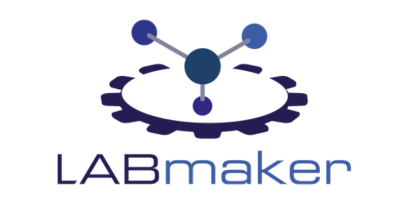ARGOS Horizon GPS Dev Board
Founding developers Alasdair Davies, Robin Freeman, and Rachael Kemp
$219.00 USD
Satellite GPS development board
The Ideal GPS Board for Embedded Tracking Devices and Environmental Monitoring
Horizon is an open source plug-and-play solution to develop or deploy your own satellite telemetry solution.
KEY FEATURES
The ARGOS Horizon GPS Dev Board includes GPS, Bluetooth 5.0, a 9-axis accelerometer and supports an external 3G cellular board (also open source). It is a GPS logger and an ARGOS satellite communication control board, suitable for tracking wildlife, environmental assets or embedded into custom devices (UAVs, buoys, marine equipment). It is programmable over USB or bluetooth using a free Python command line tool to configure GPS and ARGOS transmitter settings.
The Dev Board connects easily to the ARGOS Horizon Module (containing the ARGOS ARTIC R2 satellite transmitter). Using the picoblade cable gets you up and running quickly. It is compatible with the next generation ARGOS-4 satellites and the future KINEIS constellation of nanosatellites.
Power should come from a 3.7V lithium-ion or lithium polymer battery with a standard JST header (NOT included).
Developer friendly
You can easily configure and modify settings over USB using straight forward Python tools, or use the built-in Bluetooth 5.0 to communicate with the tag wirelessly.
CONTENTS OF THE SET
-
1x ARGOS Horizon GPS Dev Board (PCB)
-
1x picoblade cable to connect to the ARGOS Horizon Module
-
1x Micro USB cable
Specification
- Dimensions: 56mm x 35mm
-
Weight: 18.8 grams
- Insight SiP nRF52840
- Bluetooth 5.0
- uBlox GNSS NEO-M8N
- J266 ceramic patch antenna
- Li-ion / LiPo charging
- 1 x USB2 for configuration / log access
- 1 x I2C for surface mounted third party sensors (i.e temperature)
- Accelerometer, gyroscope, magnetometer, 9 Axis (BMX160)
- Salt water switch
- Magnetic reed switch
- Picoblade connectivity
PUBLICATION
Emily M. Duncan, Alasdair Davies,Amy Brooks,Gawsia Wahidunnessa Chowdhury,Brendan J. Godley, Jenna Jambeck, Taylor Maddalene, Imogen Napper, Sarah E. Nelms, Craig Rackstraw and Heather Koldewey (2020) Message in a bottle: Open source technology to track the movement of plastic pollution. PLOS ONE







